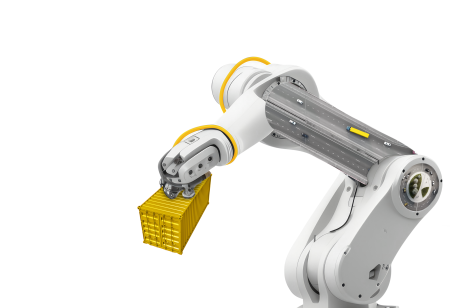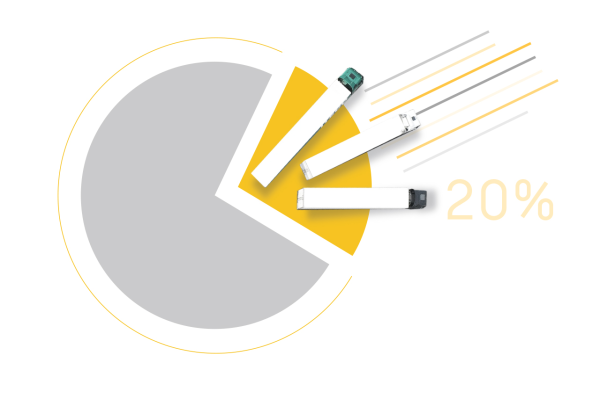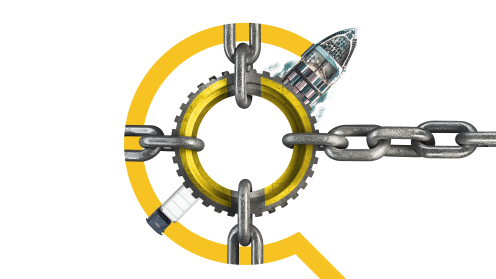Running a Transportation Management Platform is a critical aspect of today’s supply chain management, especially for discrete manufacturing companies that have complex and dynamic transportation requirements.
Deploying such a platform allows companies to optimise their transportation network, reduce costs, improve delivery times, and increase customer satisfaction within their own control.
In this article, we will discuss the savings and benefits that discrete manufacturing companies can generate by integrating a Transportation Platform at the heart of their logistics network.






